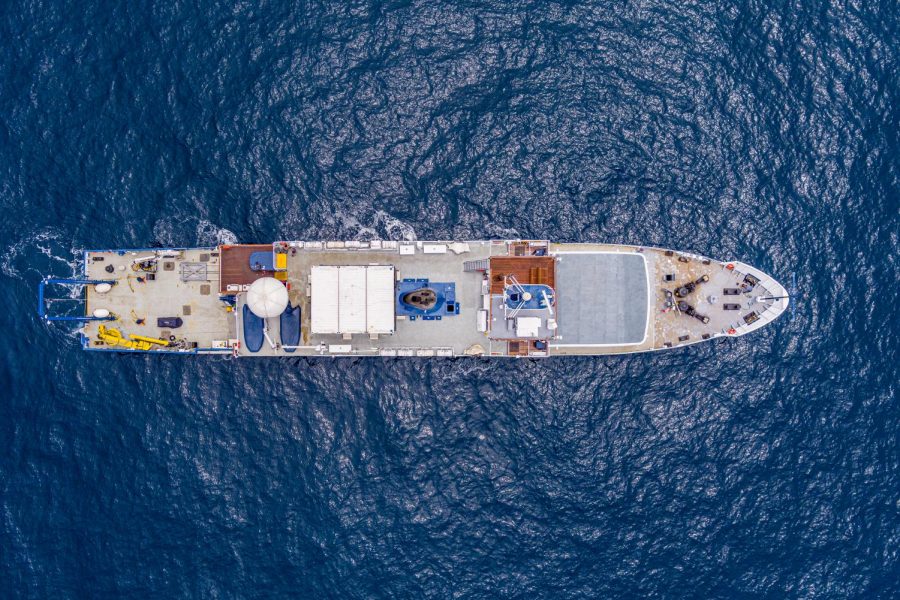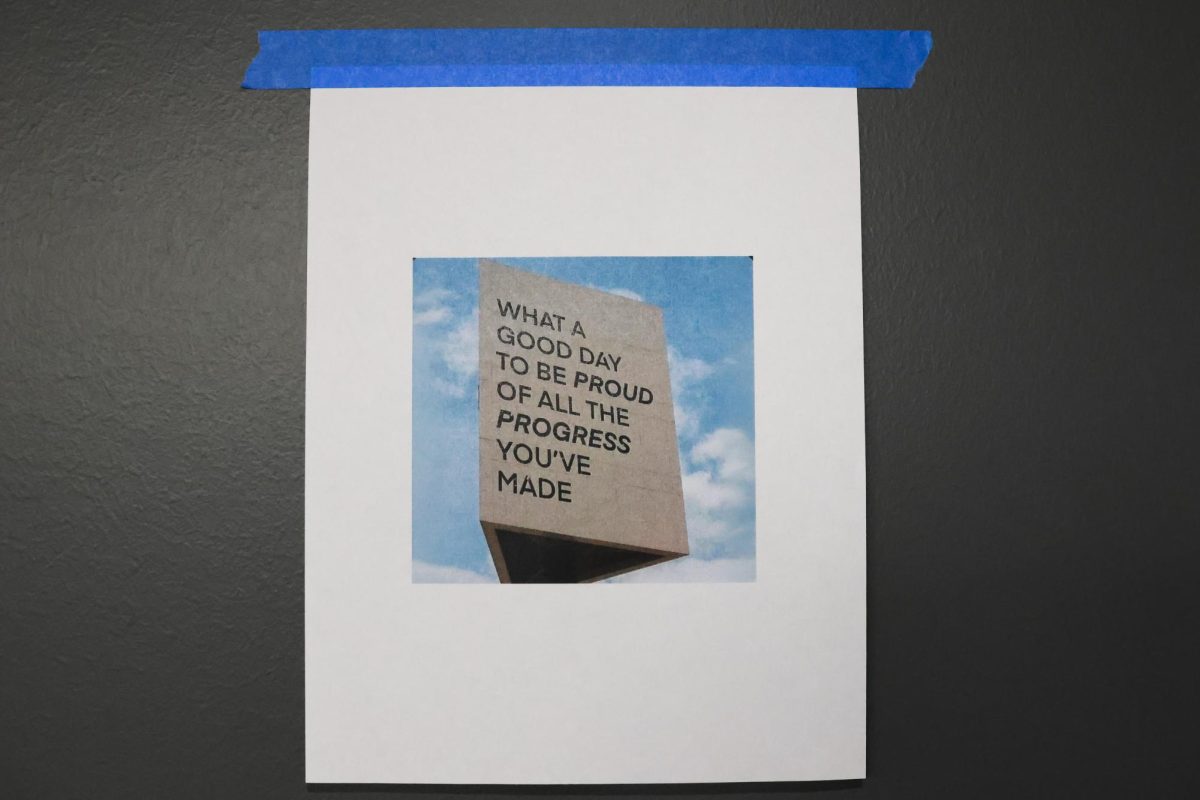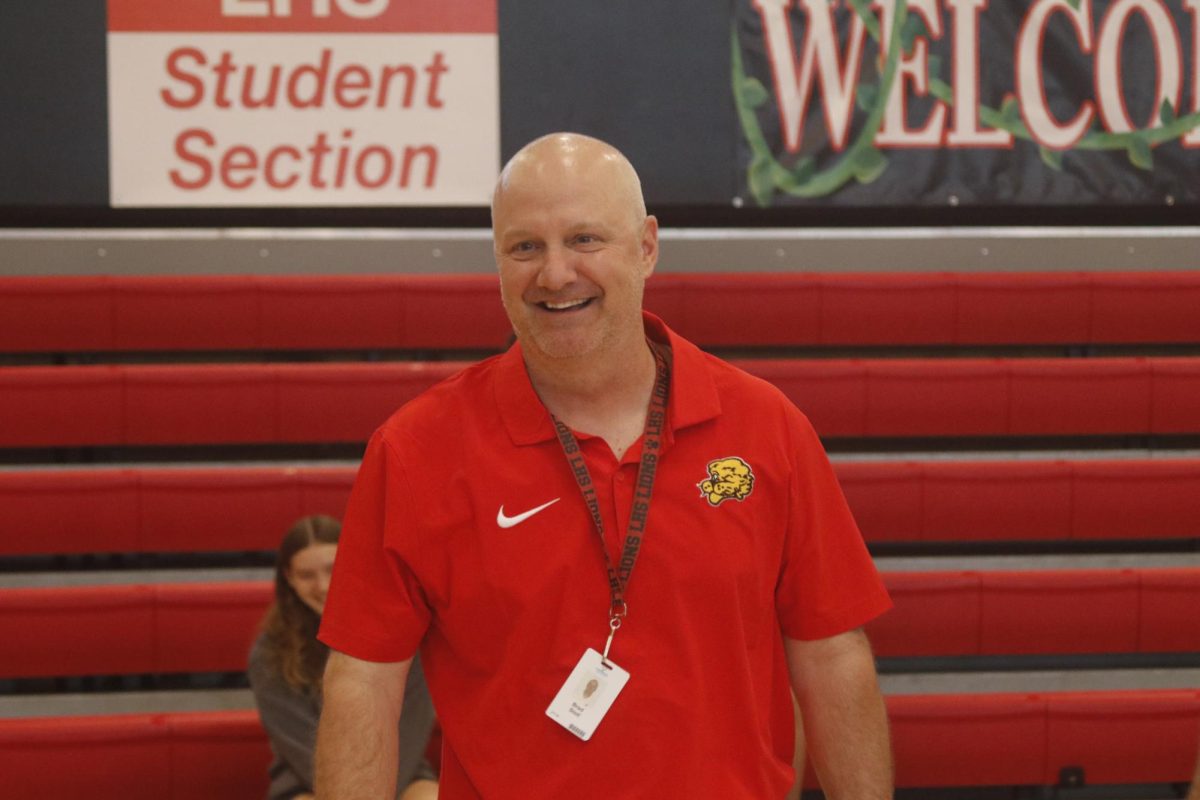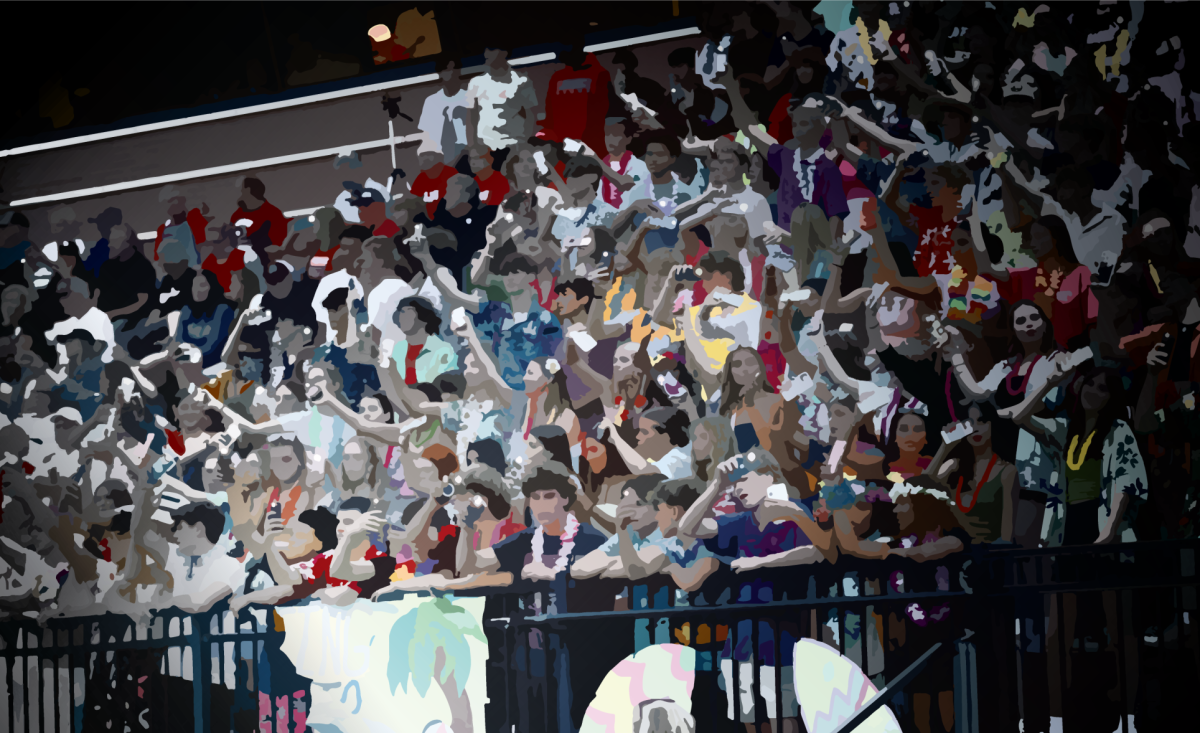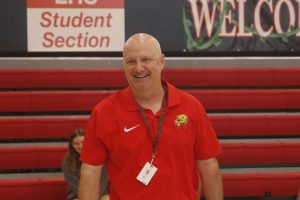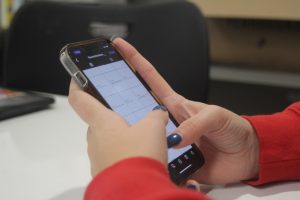Teacher sets off to sea
Science teacher Lisa Ball ends semester by taking part in a research project led by Robert Ballard, the scientist who discovered the Titanic wreckage
Exploring the sea, biology teacher Ms. Ball joins the Nautilus crew in finding new organisms in an unexplored section of the North Pacific Ocean. “We spent the first-day training and getting settled into the ship but remained in port,” says Ball. “We had a great expedition briefing from the lead scientist.”
December 17, 2021
After two years of waiting, science teacher Lisa Ball finally departed for Honolulu to take part in a scientific expedition aboard the USS Nautilus.
The trip was years in the making and had been delayed by the pandemic.
“A few years ago we had a unique opportunity when Dr. Robert Ballard came to Lawrence,” Ball said of the deep sea explorer known for finding the Titanic.
Ballard spoke to Ball’s students and talked about the Titanic, sea exploration and of course, the Nautilus project.
“While he was here, his crew told me I should consider applying for this program because they’re looking for more teachers who come from the middle of the US where students don’t really know much about the ocean and they don’t get to interact with the ocean, because they want us to be ambassadors to their program and give awareness to students and communities that are far away from the ocean,” Ball said.
After applying to the program, Ball was informed that she was chosen to join the crew as a science communication fellow, which would mean spending time aboard the ship.
“In the fellowship our responsibility is to help interpret what is happening on the ship and share it with the general public,” Ball said.
The fellows work with ROV pilots and other crew members and help explain the work being done. They share the information with people watching the Nautilus 24/7 live stream.
Unfortunately, the COVID-19 pandemic delayed her mission significantly.
“They are very, very cautious because they operate under international regulations,” Ball said. “They have to be extra careful, so they weren’t even allowed to bring more than the skeleton crew on the ships in 2020.”
Fortunately things improved enough with the vaccine rollout for them to start preparations over the summer.
Even though the crew is able to continue missions with COVID, caution is still required
“They maintain a COVID bubble,” Ball said. “They require everyone to be vaccinated, and they don’t allow us to interact with people if we are at port, but we will be out at sea most of the time.”
This expedition isn’t just novel. It has serious goals in mind.
The crew will be looking at underwater sea mounts and the evolution of deep sea species around them.
“They’re not really mapped so the ship will be helping to map them and then they’re largely unexplored so on virtually every expedition that this ship does they find new species so who knows there could be new species,” she said. “Those underwater mountains are often like oasis for life.”
The voyage won’t only offer a unique experience for the scientific community, but also for LHS students. During her December trip, Ball has interacted with students live from the ship.
This opportunity not only excites Ball, but her students too.
“I kind of hope to hear some more things about exploration,” junior Tate Landes said before the trip. “It’s a very cool experience that she’s going on so it will be nice to walk through what it was like.”
Though field work is Ball’s background as a scientist, Nautilus is her first project in three years. Nautilus is different from most research projects, especially those available to teachers, making this even more significant for LHS. Previous projects have taken her to more arid climates
“We were studying caterpillars and climate change, and I was in the mountains of Arizona,” Ball said. “That one was actually a summer project, so I used that information in the classroom, but students were not directly involved. Before that, I had done a similar project in the bayous of Louisiana where we were kayaking through the bayou, and I was able to live stream for my students and teach from there.”
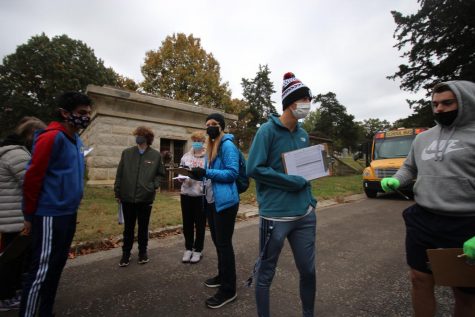
Even with the difficulty and circumstance surrounding her upcoming project, Ball’s confidence and excitement are unwavering.
“For me personally, I just love adventure and exploring and field of biology and it’s a whole new area.,” Ball said. “I’ve spent very little time on the ocean. Just to get out and explore and learn about these sea creatures that I don’t even know about and to actually experience things that I teach about and to be able to share those, it’s just incredibly mind blowing for me, and then to be able to bring real live science to my classroom and share that with my students is so cool as well.”
Students are recommended to check on Nautiluslive.org, where there will be live streaming and information about the missions.
“I should be able to do two ship to shore interactions per day, so I’m hoping to cover every period, maybe the week before finals to make that available if teachers want to join in on the live stream to see what’s going on,” Ball said.
Teachers throughout the building have been watching the livestream from the ship to track Ball’s work.
“I’m so excited for her,” business teacher Kim Hawks said. “I think this is an adventure unlike she has ever had or I personally have ever had. I feel so happy for her to experience this ocean adventure.”




